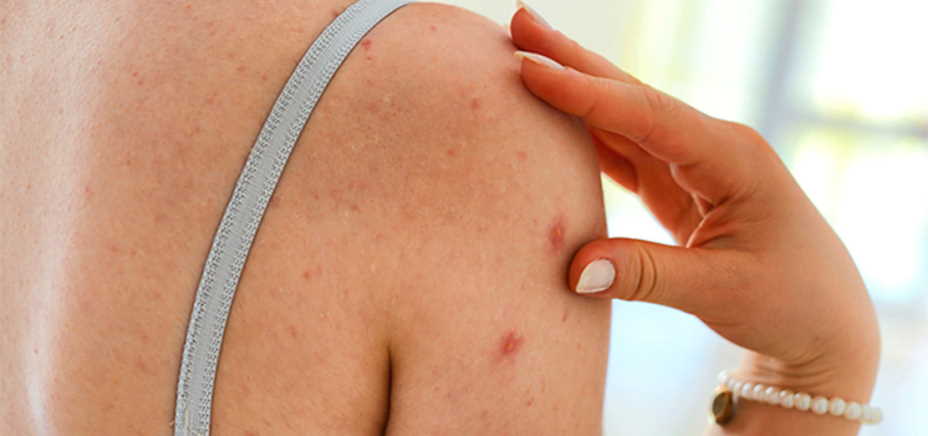
Can I use a toner if I have eczema?
- Published in Beauty Treatment
- Permalink
I’m not thinking about the sort of self-tanning bronze toner that could be alluded to by others. It is often the second step after washing and cleaning.
I recall Googling years ago also finding information on how the skin should be handled oily and focusing on eliminating defects because of the ability of the toner to balance the pH of the skin. So can I use a toner if I have eczema.
I figured it didn’t even apply to my dry skin, so it’d waste my money and time absolutely. When I narrowed my hunt, however, and added “dry skin,” there were few results that showed how dry skin could improve too.
During the past, toners were not very powerful and it may still be today, irrespective of ads or advertising that demonstrates a three-step treatment procedure when promoting a face-care line.
I believe partially that toning is not a must but can definitely lead to restoring moisture back to the skin lost from washing and offers a strong freshness and relaxing sensation.
What are the benefits of a toner for skin with eczema? And it’s perfect if you’ve got Eczema.

It helps remove residues left on the skin without removal of lipids (skin building block) and sebum after washing (skin layer protector).
This helps to prepare your skin for effective absorption of your moisturizers. It is vital for you and me who have Eczema because we want our creams and lotions to optimize their benefits.
In any case, toners for oily or dry skin will help to balance the skin pH, which results in improved skin texture if appropriate types are used. Understand that skin irritation triggers unequal skin pH levels.
What is the most appropriate toner for eczema or dry allergic skin.
Okay, depending on the condition of your skin. We typically have a dry, sensitive skin, while some may still have a mixed skin form.

The most common type of eczema is the atopic dermatitis, a itchy rash skin disease. In comparison to contact dermatitis that can be blamed for a certain allergen or irritant, there is no known cause for atopic eczema.
This seems loosely associated with allergies because it is normal in people with symptoms of respiratory allergies such as asthma.
This skin disorder must be treated with the proper care of eczema, which occurs in the first five years of age for 90% of people who have eczema.
If you’re not among the lucky 40% who grow out of it in adulthood, you’ll want to follow the strategy of eczema that helps avoid flare-ups and sooths them.
